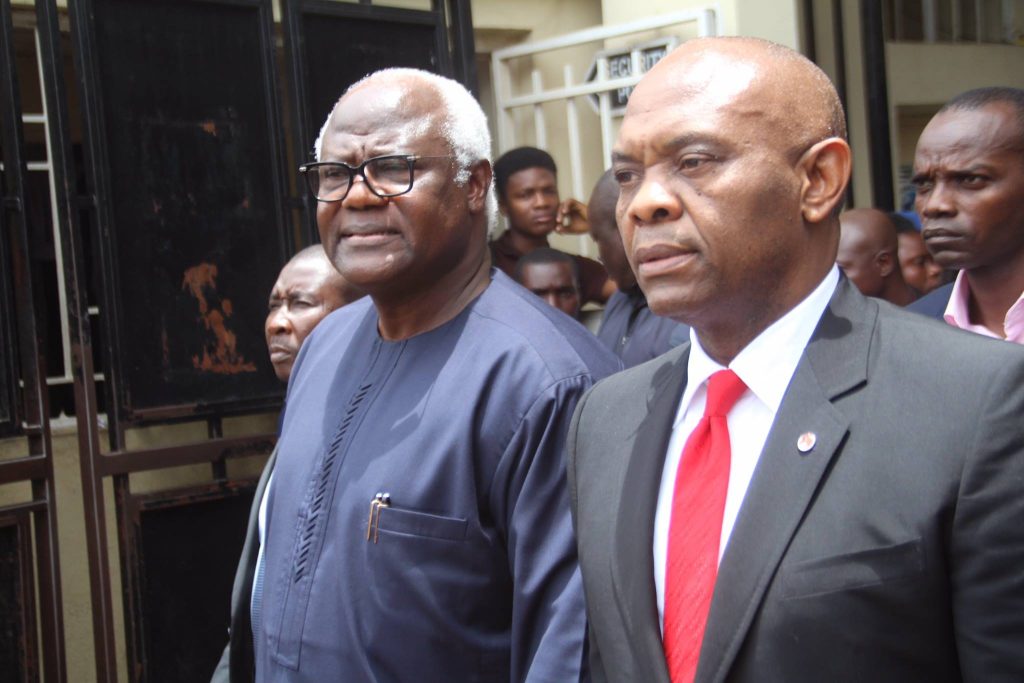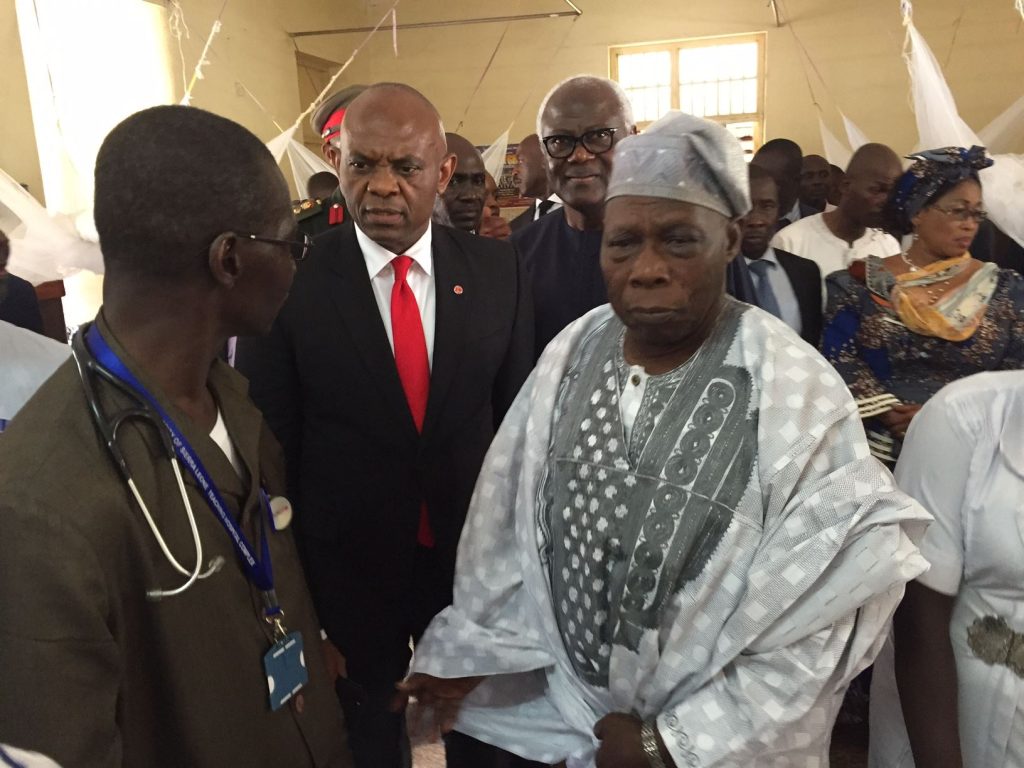This year alone, across West and Central Africa, devastating floods have displaced nearly one million people, with the Sahel and Lake Chad regions facing some of the worst impacts. From Sierra Leone to Nigeria and Chad, torrential rains have washed away homes, inundated farmlands, and severely disrupted livelihoods. In the Sahel region alone, more than 4 million people are affected, with many forced to seek refuge in emergency shelters. The situation is equally dire in East Africa, where thousands have been displaced by floods, compounding the already fragile conditions in regions like South Sudan and Ethiopia. These floods are not isolated incidents but part of a larger trend of extreme weather events driven by climate change, which is disproportionately affecting Africa—a continent that contributes just 3% of global emissions. The climate-induced displacement has raised the risk of disease outbreaks, malnutrition, and long-term economic damage, especially for children and vulnerable communities.
Industrialised nations have been the primary drivers of carbon emissions and fossil fuel use for over a century. Since the 20th century, countries like the U.S., China, and the EU have contributed over 60% of global emissions. In the last decade alone, the U.S. emitted around 15 metric tons of CO₂ per capita annually, compared to the entire African continent’s average of 0.95 metric tons. In a cruel irony, Africa is paying the price for a climate crisis it did not cause, as the continent bears the brunt of consequences tied to global actions beyond its control.
Despite this, Africa faces the harshest consequences of climate change. Rising sea levels are threatening coastal communities from Lagos all the way south to Cape Town. Erratic rainfall has led to both severe flooding as seen in Nigeria and Libya; and prolonged droughts in the Horn of Africa, causing widespread food insecurity. The droughts in Kenya and Ethiopia have left millions in need of food aid, while flood-induced displacement in South Sudan exacerbates malaria and cholera crises. Basically, these climate disasters have trapped communities in poverty cycles.
For over a decade, Heirs Holdings (HH) has championed private-sector efforts to address Africa’s climate crisis. Through its philanthropic arm, the Tony Elumelu Foundation (TEF), HH has funded numerous environmental initiatives, including a N1 billion ($6 million USD) donation for flood rehabilitation in Nigeria in 2012. The Group’s disaster relief efforts have expanded across Africa, with contributions like a $500,000 USD from TEF and UBA, as emergency aid grant for victims of Sierra Leone’s 2017 mudslides. HH also leverages global platforms such as UNGA, COP, and the World Economic Forum to advocate for climate justice, equitable energy transitions, and sustainable growth.
-

- H.E President Ernest Koroma and Group Chairman UBA, Tony O. Elumelu at the Connaught Hospital, Freetown, Sierra Leone
In recognition of Heirs Holdings’ broader efforts to combat climate change and strengthen Africa’s disaster preparedness, it’s Group Chairman, Tony O. Elumelu, CFR, was recently appointed by Nigeria’s President Tinubu as Chairman of the National Disaster Fund, marking a significant step forward in addressing these climate-induced disasters and creating resilient frameworks for vulnerable communities. Elumelu’s leadership will not only drive critical conversations around disaster management in Africa but also push for innovative solutions that resonate on a global scale.
Africa faces the disproportionate impacts of climate change, and it is crucial for the international community to step up with better funding, technology transfer, and policies that will support the continent. Many African nations lack the resources to effectively adapt, making external support essential for safeguarding vulnerable communities. However, Africa should not only be seen as a victim in discussions about climate change. Its vast forests and green reserves, like the Congo Basin, make Africa a potential hub for solutions. These natural resources play such a significant role in carbon sequestration which is a critical strategy in offsetting emissions and promoting a balance in the carbon cycle. A synergy between international support and Africa’s inherent strengths will lead to a new paradigm of sustainable development.
As the world grapples with the intensifying climate crisis, the plight of millions of Africans facing floods, displacement, and escalating health risks show that the burden is not evenly shared. Industrialised nations, responsible for the majority of global emissions, should recognise the urgent need for global cooperation and equity in addressing this crisis.
